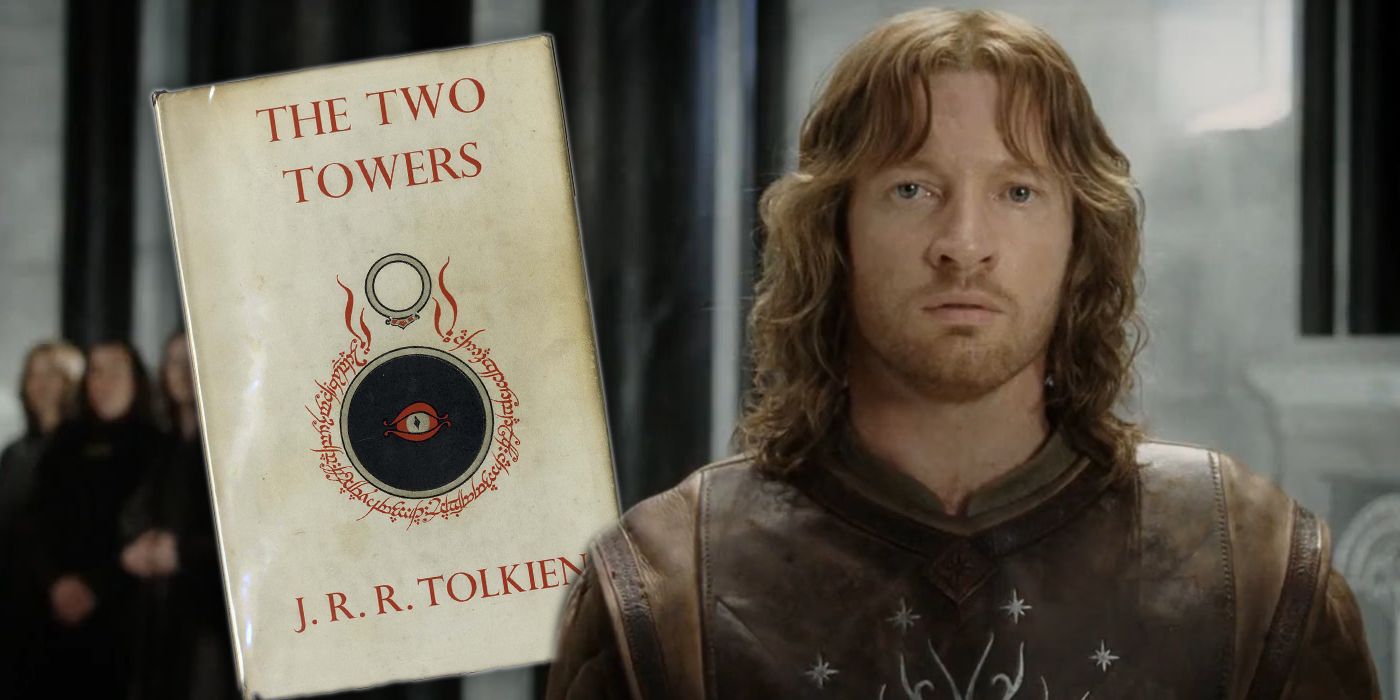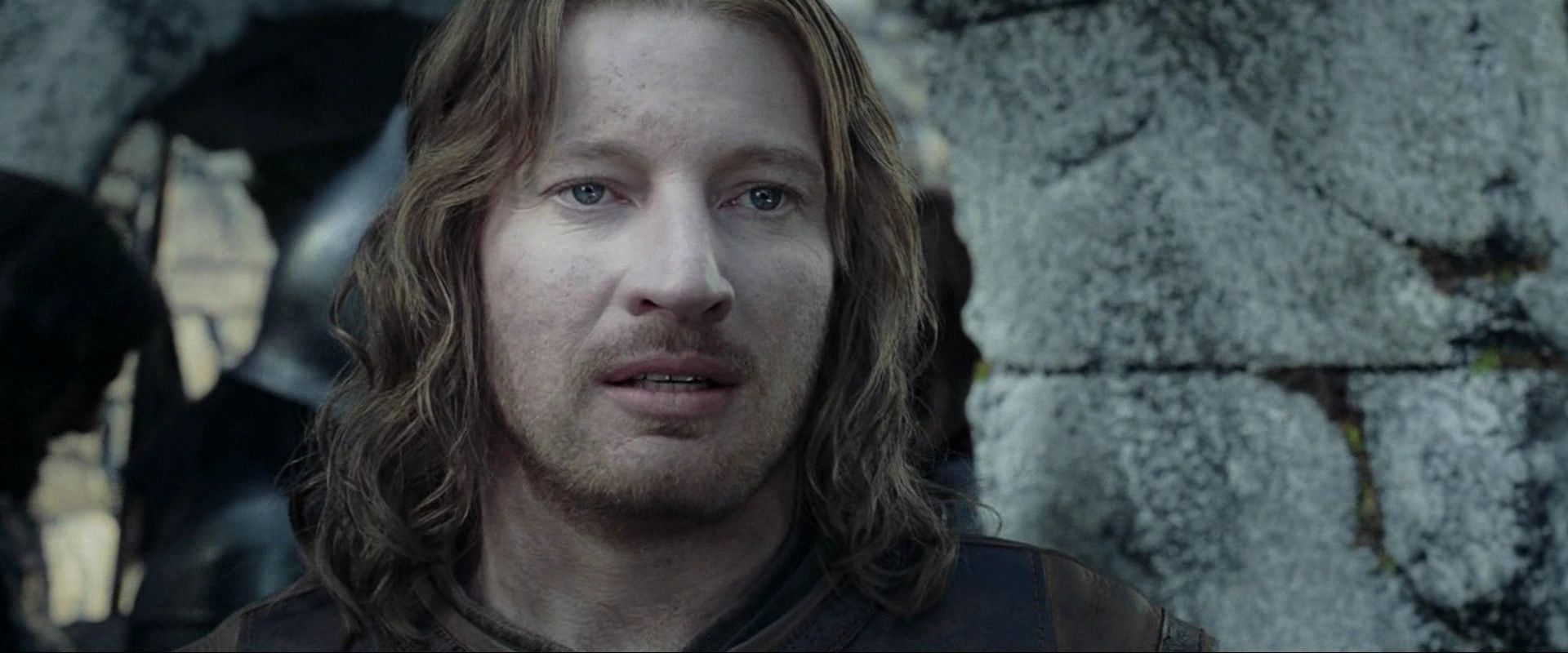Lord of the Rings: The Two Towers tweaked some of Faramir's story from the book; however, the changes only served to improve the film in the long run. For the most part, Peter Jackson's often imitated Lord of the Rings trilogy respects its source material. There are some deviations, but they are generally for the better. One particular instance involves Faramir and his chance meeting with Frodo, Sam, and Gollum. The way their interaction plays out on the big screen is quite different from the page. As it turns out, it was for the betterment of the movie and Faramir's character.
In J.R.R. Tolkien's book, much of the setup remains the same. Frodo and Sam are led by the conniving Gollum to Mordor's Black Gate. The entrance is too risky, so their guide takes them down another path. There, they witness a skirmish between the Haradrim and the men of Gondor, the latter of who capture them. The rangers are led by Faramir, the brother of Boromir and son of Denethor II, the Steward of Gondor. Not long after they arrive at their hideout, Sam reveals he and Frodo's mission to destroy the One Ring. Realizing the gravity of the situation, Faramir lets them return to their quest. The film version of this sequence gets a bit more complicated.
How Sam and Frodo meet Faramir is not so different — until he sees the Ring for himself. Knowing its immense power, he elects to bring the Hobbits back to Gondor with the artifact. This choice ties into the subplot about his desire to prove himself to his father. Throughout the trilogy, Faramir lives in Boromir's shadow. Denethor makes no bones about the fact that he was the favorite before his tragic death. To earn his respect, Faramir initially chooses to bring him the Ring instead of letting his captors go. It was not until Sam informed him of Boromir's inability to resist it that he allows them their freedom.
This additional swerve in the Two Towers' story makes a lot of sense. In the film, there is a heavy emphasis on Faramir and Denethor's strained dynamic. Boromir's death sends the Steward into maddening grief. It is such a strong emotion that his only remaining son has to bear the brunt of it. As a result, Faramir only wants to do right by his father so that he can fill his brother's void. Learning of his weakness when faced with the Ring makes Faramir reconsider his original plan. He no longer wants to be Boromir, but be better and not allow power to cloud his judgment. Even at the expense of his father's admiration, he lets the Halflings continue their journey.
More often than not, alterations from book to movie are unwelcome. Additions are made to make things more "cinematic," diverging from the main narrative. Characters and scenes are often cut to make room for filler. Even though Tom Bombadil never made it to the big screen, at least some good changes were made from the books. In this case, Faramir's actions made the movie even better. Not only did it add to the entire film, but it rounded him out as an individual. His complex family relationship was highlighted and added a layer to his arc. These changes to Faramir in The Two Towers greatly enhanced both him and the movie.


